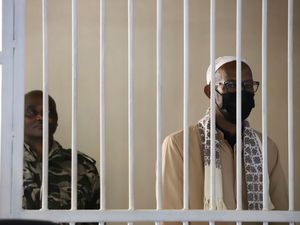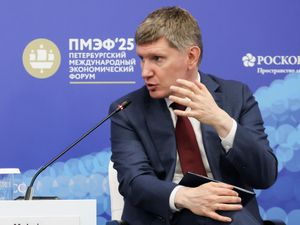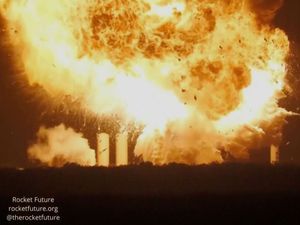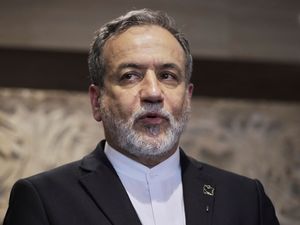Spanish PM sacks Catalan government after independence vote
Mr Rajoy said he is dissolving the Catalan parliament and calling for a new regional election on December 21.

Spanish Prime Minister Mariano Rajoy has sacked the Catalan government as part of emergency measures following the region’s declaration of independence.
Mr Rajoy said he is dissolving the Catalan parliament and calling for a new regional election on December 21.
He was speaking after a special Cabinet meeting to discuss what measures to take in the wake of the Catalan parliament’s announcement of secession earlier on Friday.
The Spanish government has been authorised to dismiss the regional government and curtail the Catalan parliament’s powers.
Mr Rajoy said he is also firing the head of the Catalan regional police, shutting down Catalonia’s foreign affairs department and dismissing its delegates in Brussels and Madrid.
He said “we never wanted to come to this point” and the aim is “to return (Catalonia) to normality and legality as soon as possible”.
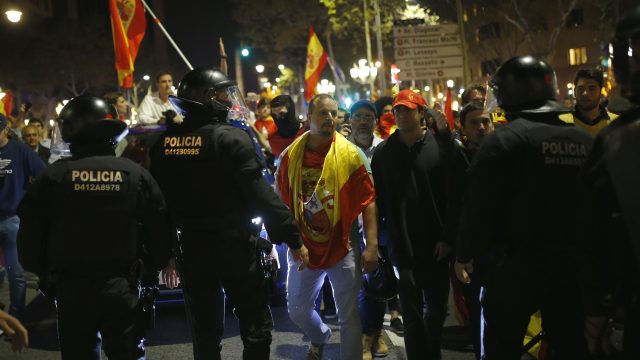
In a square outside the government palace in Barcelona, an announcer told the crowd about the moves by Mr Rajoy.
The news was greeted with loud jeers and whistles but the thousands who came to celebrate Catalonia’s independence declaration did not let the Spanish response disrupt the festive mood.
A band took to the stage immediately after the announcement and the crowd once more began singing and dancing to the music. The crowd in Sant Jaume Square shouted “we are not moving”.
After the Catalan parliament voted to back secession, Mr Rajoy said it was a move that “in the opinion of a large majority of people not only goes against the law but is a criminal act”.
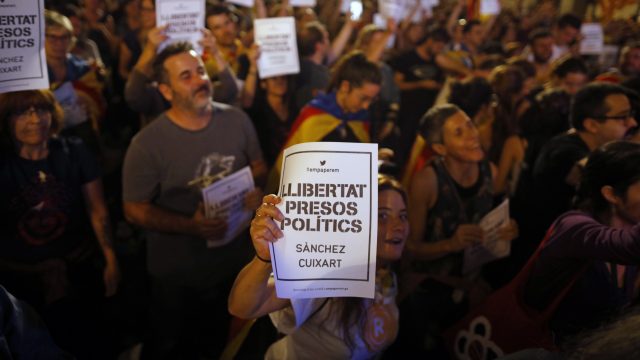
The Senate’s decision giving Mr Rajoy special powers trumped the Catalan regional parliament’s independence vote, which was doomed because the Constitutional Court has already consistently ruled against any steps toward secession.
The battle around Catalonia’s future is far from over, however.
Madrid’s move to take away Catalonia’s regional powers was sure to be seen as a humiliation and a provocation by Catalans and a backlash was expected, with planned street protests, while regional government workers could follow a policy of disobedience or non-cooperation.
On top of that, the December 21 election could deliver a steadfastly pro-independence Catalan parliament, even if recent polls have suggested the region of 7.5 million people is roughly evenly split on secession.
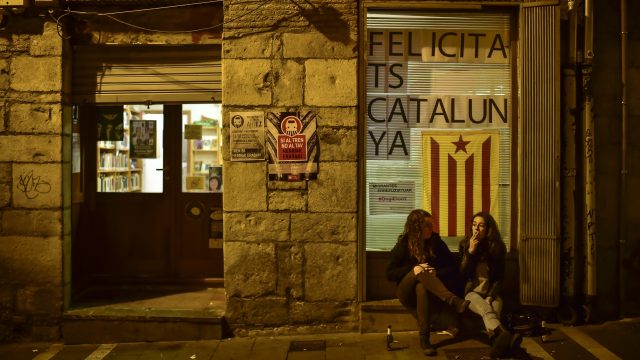
Many Catalans strongly oppose independence and a group of so-called unionists was organising a large-scale protest in Barcelona on Sunday.
A spokesman for Spain’s prosecutor’s office said the prosecutor would seek to bring rebellion charges against those responsible for the Catalan independence vote.
The tense day, featuring emotional speeches and scenes of joy and despair, went to the heart of Spain’s political and cultural history.
The 1978 constitution, drawn up after the end of General Franco’s decades-long dictatorship, created a decentralised Spanish state that devolved power to 17 autonomous regions, including Catalonia. The regions have broad administrative and legal powers. The Spanish constitution, however, also describes Spain as “indivisible”.
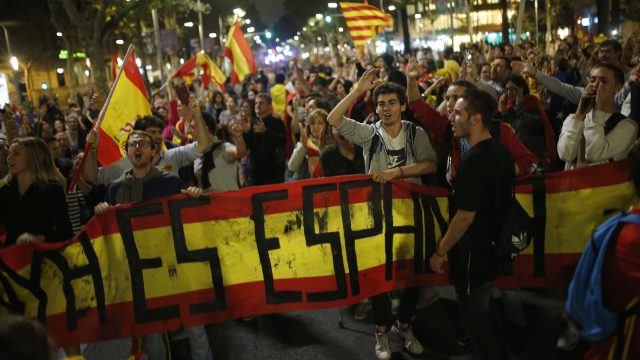
Catalonia has its own cultural traditions and its own language. Having long seen itself as different from the rest of Spain, the Catalan drive for independence began in 2010 when the Constitutional Court struck down key parts of a groundbreaking charter that would have granted the region greater autonomy and recognised it as a nation within Spain.
Catalonia represents a fifth of Spain’s gross domestic product and many want the tax revenues generated by the prosperous region to remain at home.
The motion to secede was approved by the 135-member Catalan parliament, where secessionists hold a slim majority, with 70 votes in favour. Opposition lawmakers had walked out of the chamber in protest ahead of the vote.
In an emotional scene after the vote, regional leader Carles Puigdemont called on cheering fellow separatists to remain peaceful ahead of the crackdown.
“In the days ahead we must keep to our values of pacifism and dignity. It’s in our, in your hands, to build the republic,” Mr Puigdemont said.

